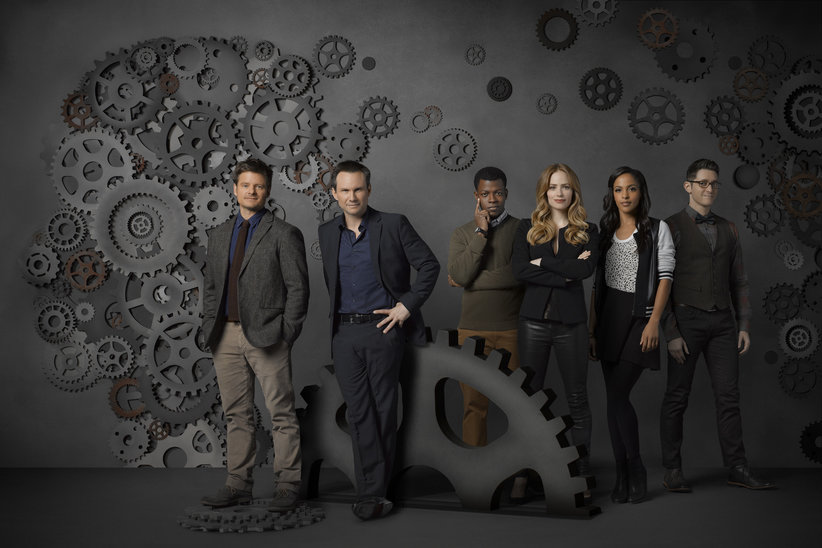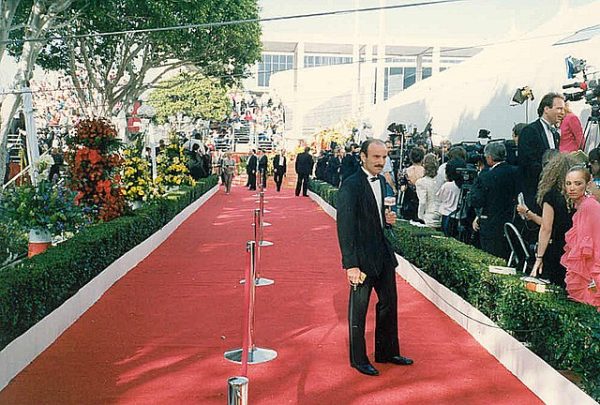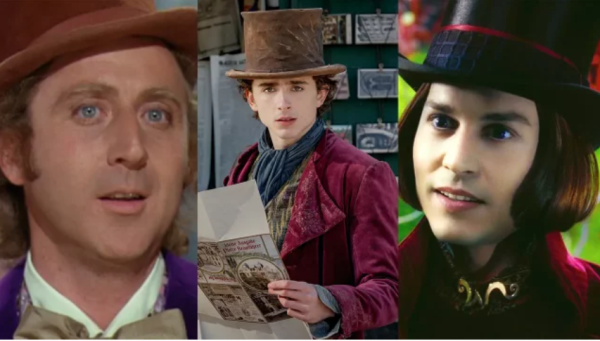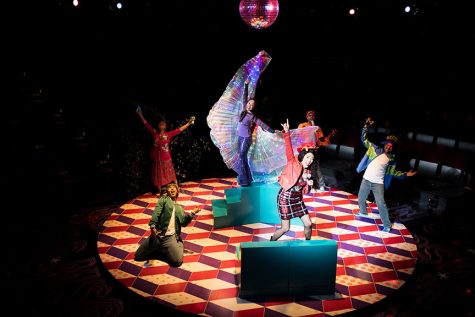“Mind Games:” Don’t Mind If I Do
With television becoming such an important component in modern society, and constant criticism regarding what its true productions are aplenty, television producers scramble to find a show that might provide its viewers with a sense of intelligence and deeper understanding about the world around them.
Their savior might just be ABC’s “Mind Games.” “Mind Games,” a brand new show airing on ABC on Tuesdays at 10 p.m., brings two brothers together, one serious and immoral, the other enthusiastic and bipolar, to work as business advisers using psychological “mind tricks” to sort other people’s problems out.
The show takes off in an odd flurry of uncomfortably artsy shots, fast pace acting and shouting, and backstories we’re expected to understand right from the get-go. Although it attempts to take off running, it trips a bunch instead. The episode starts off much too suddenly, dropping viewers into the middle of the two strange brothers arguing and in a hurry to an unknown place. Instantly, viewers think that they’ve missed something.
In between uncomfortable, out-of-place camera angles and Clark’s, the bipolar brother’s, irregular and childish slap-stick humor, the show tries to promote itself as a serious, dramatic, thought-provoking show, one to rival shows such as “The Mentalist.” However, it’s hard for viewers to fully immerse themselves in that atmosphere; after hearing one patient’s tragic backstory and witnessing Clark’s frighteningly obsessive tantrums thrown over a girl he loves, a hilariously over-the-top argument happens, complete with slow-motion action, flying spit, and background opera singing.
Although some of the lines do drive chuckles out of viewers, and the psychological ideas are rather intelligently integrated into the plot, this show doesn’t seem to quite know what it wants to be. Is it comedy or drama? Sitcom or mystery? The show constantly is in limbo with every type of genre, and this makes viewers almost feel embarrassed for the actors themselves, forced into an imaginary world that’s not completely put together, having to create something wonderful out of virtually nothing.
However, on a good note, while it does take some time and patience, the characters really start to grow on you. Specifically, one of the very last scenes struck a true chord with its viewers. In this scene, the two brothers discussed how they wanted, needed, to stick together, despite how impossible it was for them to collaborate throughout the previous scenes.
Additionally, as the show progressed onward, you could feel the show easing into itself, as well as the cast into their characters. Nameless characters that were once confusing and undeveloped were soon nameless characters that were slightly more developed, and slightly more likable, by the end of the episode.
As for the acting, it might’ve been all right, it might’ve been the absolute worst. It was impossible to tell considering how fast the plot was being pulled along, and how underdeveloped each individual was. Clark, played by Steve Zahn, seemed to be very out of element, trying too hard to play up a character that was really not much more than obnoxious and creepy.
If you want to see the counter-opinion, check out Hana Chen’s article here.











